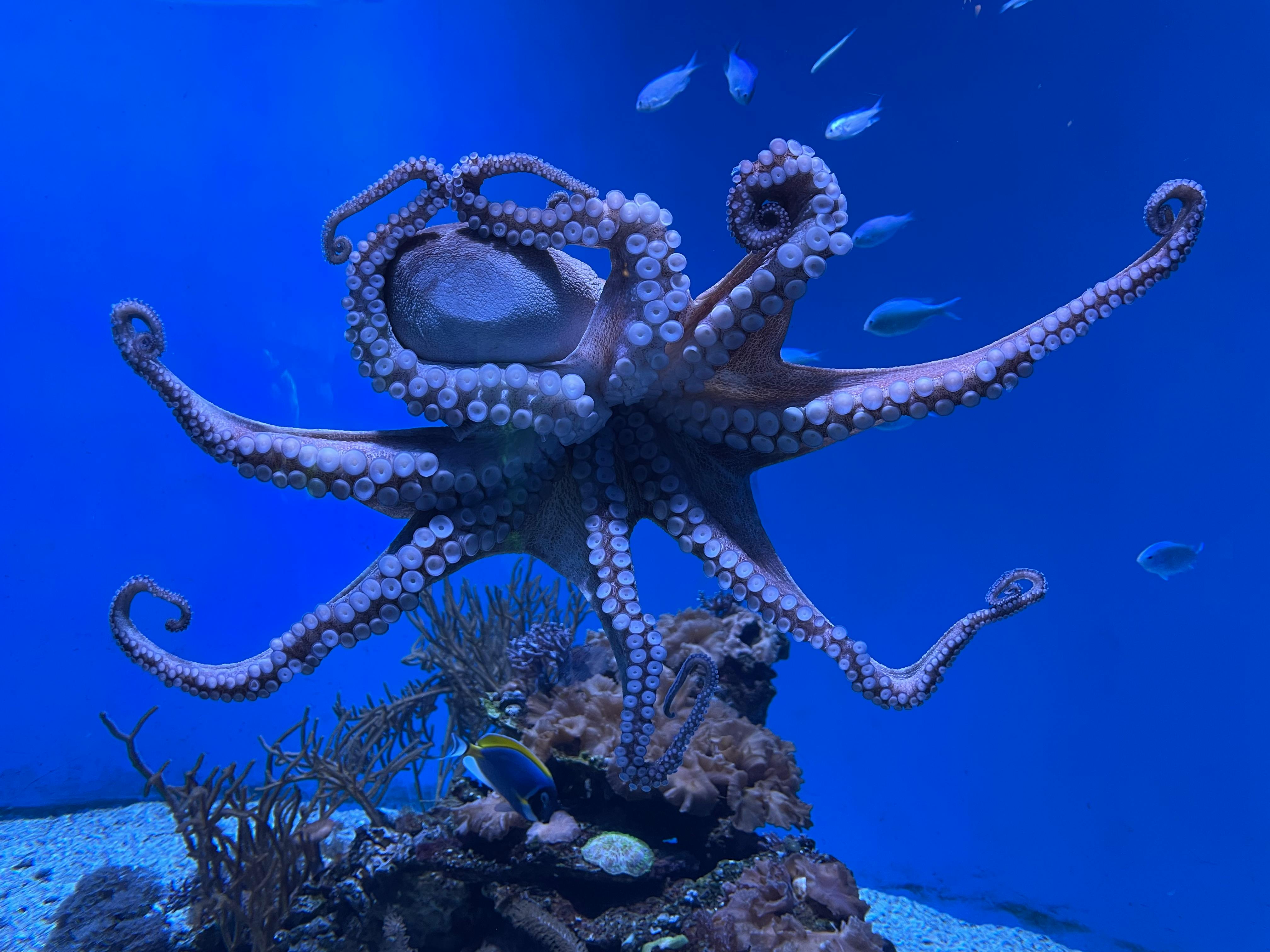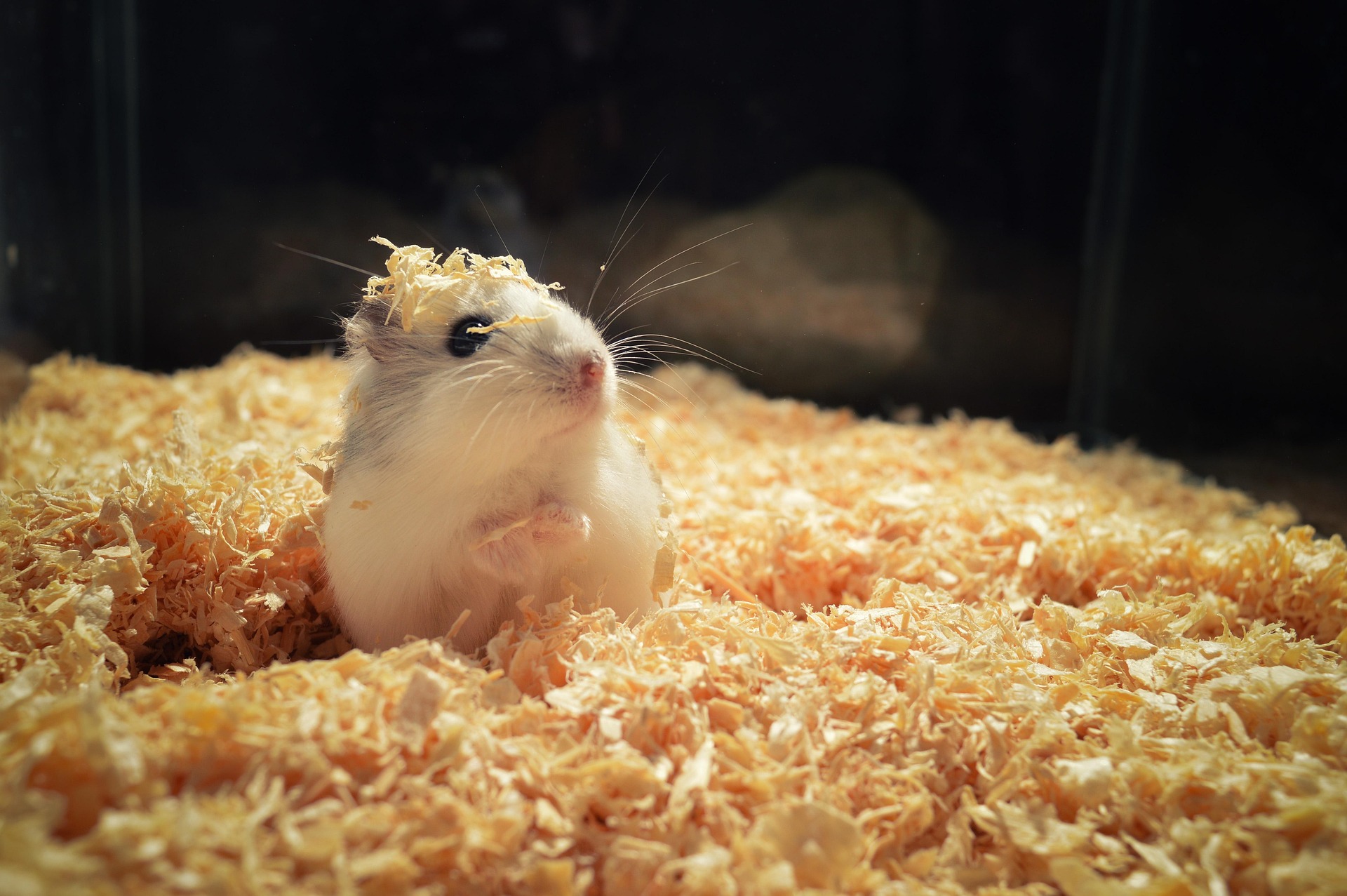Unveiling the Intriguing World of Octopuses as Pets
Octopuses are fascinating marine creatures known for their intelligence, unique biology, and captivating behaviors. They're often spotted in aquariums, research labs, and occasionally, in the homes of adventurous pet enthusiasts. However, as the popularity of keeping octopuses as pets increases, it’s crucial to understand what this commitment entails.

The Birth of an Uncommon Pet Trend
The trend of keeping octopuses as pets is fairly recent. In the past, these creatures were viewed as mysterious and elusive, predominantly residing in the realm of scientific research. However, the release of documentaries and movies showcasing their intelligence and unique behaviors has sparked interest among pet lovers, leading to the emergence of this niche pet trend.
The Current State of Octopus Pet Ownership
Today, the small, manageable species like the common octopus (Octopus vulgaris) and the dwarf octopus (Octopus joubini) are popular choices among pet owners. These species are available in select pet stores and online, typically ranging in price from $30 to $100. However, owning an octopus is not a decision to be made lightly. They require specific tank conditions, a diet of live food, and plenty of stimulation to keep their intelligent minds occupied.
The Costs and Challenges of Octopus Care
Keeping an octopus as a pet is not just about the purchase price. The costs of maintaining an appropriate marine environment, including a secure tank, filtration system, and suitable live food, can run into the thousands. Additionally, octopuses are known escape artists, requiring secure, escape-proof enclosures. They are also solitary, nocturnal creatures, meaning they might not provide the interactive companionship that many pet owners seek.
The Impact on Conservation and Wildlife Protection
While the pet octopus trend is intriguing, it’s essential to consider the impact on wild populations and conservation efforts. Some species of octopuses are already facing threats from pollution, habitat loss, and climate change. Adding the pet trade to these pressures could have a serious impact on their numbers in the wild. Moreover, the lifespan of most pet octopus species is only 1-2 years, leading to ethical considerations about their quality of life in captivity.
Final Thoughts on Octopus Pet Ownership
Owning an octopus as a pet presents a unique challenge, blending the line between pet ownership and marine conservation. It’s a trend that brings excitement, curiosity, and responsibility to the forefront. However, the decision to keep such an exotic creature should not be taken lightly. It requires commitment, knowledge, and a deep respect for the life you’re bringing into your home.
As we delve more into the world of unconventional pet ownership, it’s crucial to remember that not all animals are meant to live within the confines of our homes. The beauty of octopuses, and indeed all wildlife, is best appreciated in their natural habitats, where they can thrive and contribute to the balance of our precious ecosystems.




